Tony Giarrusso

System Design & Optimization

System Design & Optimization
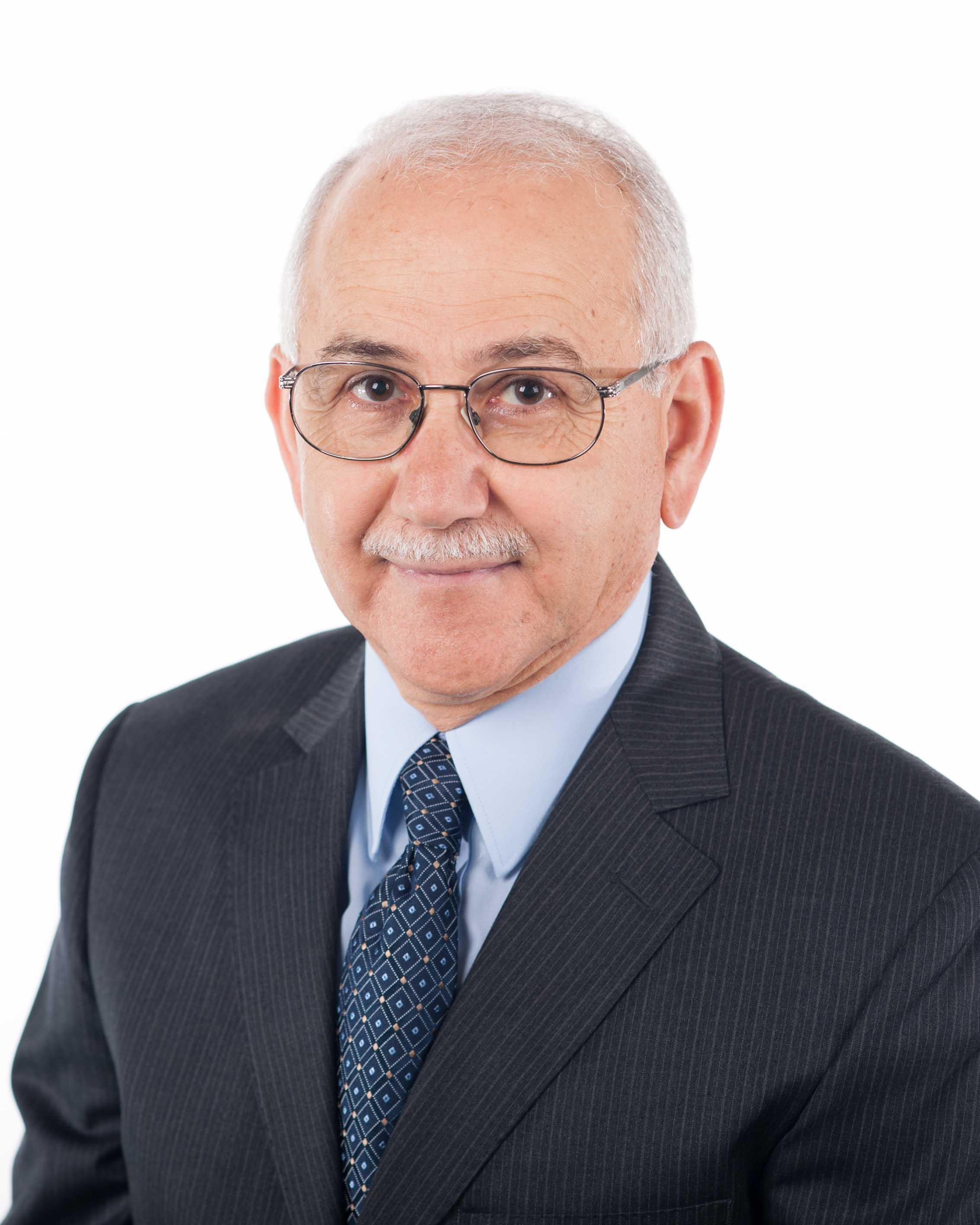
A.P. "Sakis" Meliopoulos, Ph.D., is the Georgia Power Distinguished Professor in the School of Electrical & Computer Engineering at Georgia Tech and serves as Associate Director of Cyber-Physical Systems for the Institute for Information Security & Privacy. Meliopoulos helped the development of the power program at Georgia Tech by contributing to the modernization of existing courses, introducing new courses, initiating research activities, and developing continuing education programs and the Power System Certificate program. Meliopoulos is the co-inventor, with George Cokkinides, of the Smart Ground Multimeter and the Macrodyne PMU-based Harmonic Measurement System for transmission networks. In his most recent research activities, he has introduced new approaches for modeling large scale power grids based on quadratization and the utilization of this approach to a variety of protection and control of the future power system integrated with distributed generation, renewable energy sources, and power electronic subsystems and interfaces. He has introduced the concept of the SuperCalibrator, a new approach that enables fully distributed state estimation and root cause disturbance analysis. This technology is expected to make a huge impact on the way we presently monitor and control the power grid. Presently, Meliopoulos leads four field demonstration projects on four different utilities: USVI-WAPA, NYPA, Southern Company, and PG&E. He has applied the quadratized approach for high fidelity analysis, stability and control of integrated systems consisting of the power grid, and power electronics interfaced distributed generation and renewables (the μGRID model). He is leading an EPRI-sponsored effort to develop "settingless" protection methods utilizing recent technologies of merging units and GPS-synchronized measurements. He has developed a state-of-the-art synchrophasor laboratory with multiple capabilities: (a) characterization of PMUs, (b) testing of PDCs, (c) autonomous monitoring and control using GPS-synchronized measurements, and (d) testing of protective functions that require GPS synchronization. Meliopoulos holds three patents, published three books, and published over 270 technical papers. For his research achievements, he was elected Fellow of the IEEE in 1993. In addition, he has received the IEEE-IAS Society Field Award in 2005 (IEEE-IAS Richard Kaufman Award), and the 2010 George Montefiore Institute Award (Belgium). He was named the Georgia Power Distinguished Professor in 2006. He serves as the site director for the NSF I/URC PSERC, he is the academic administrator of the Power System Certificate program, and the chairman of the Georgia Tech Protective Relaying Conference and the Fault and Disturbance Analysis Conference. He attended the National Technical University of Athens, Greece, where he earned the Diploma in Electrical and Mechanical Engineering in 1972. He then attended Georgia Tech where he earned his MSEE (1974) and Ph.D. (1976) degrees. He joined Georgia Tech's faculty of Electrical Engineering in 1976.
Large-Scale or Distributed Systems
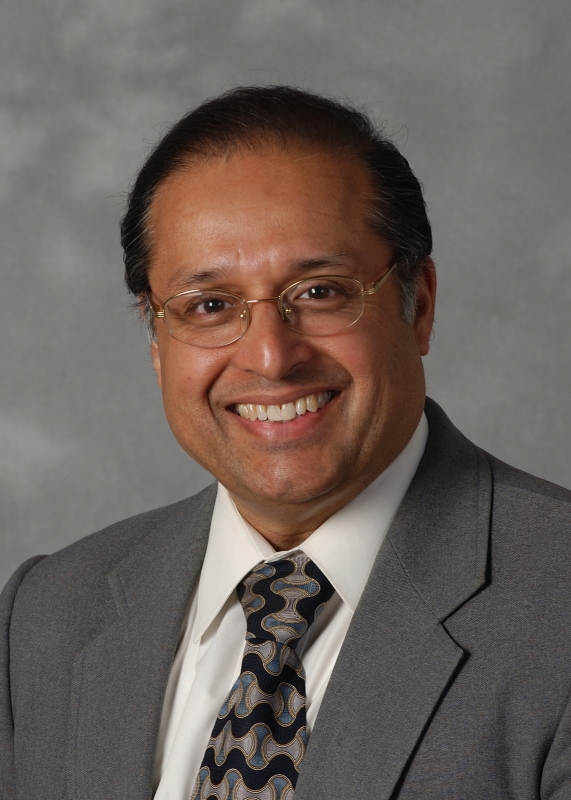
Ajeet Rohatgi received the B.S. (E.E.) degree from Indian Institute of Technology in 1971, the M.S. (Materials Engineering) from Virginia Polytechnic Institute and State University in 1973, and the Ph.D. in Metallurgy and Materials Science from Lehigh University in 1977. He joined the Westinghouse Research and Development Center in Pittsburgh, Pennsylvania in 1977 and became a Westinghouse Fellow while working on the science and technology of photovoltaic and microelectronic devices. Rohatgi joined the ECE faculty at Georgia Tech in 1985 and started a program on photovoltaics, which has become one of the best in the country. He has become an internationally recognized leader in photovoltaics. He is the founding director of the first university-based DOE Center of Excellence in Photovoltaic Research and Education. He is the author of more than 300 publications and holds 10 U.S. patents. Rohatgi has received numerous awards and distinctions from professional societies and Georgia Tech. He is the founder and CTO for Suniva.
silicon devices; solar cells; dielectrics; Compund Semiconductors; solar energy
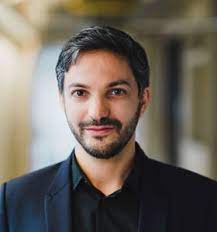
Gleb Yushin is a Professor at the School of Materials Science and Engineering at Georgia Institute of Technology and a Co-Founder of several companies, including Sila Nanotechnologies, Inc.. For his contributions to materials science, Yushin has received numerous awards and recognitions, including Kavli Fellow Award, R&D 100 Award (Y-Carbon's application), Honda Initiation Grant Award, National Science Foundation CAREER Award, Air Force Office of Scientific Research Young Investigator Award, and several distinctions from National Aeronautics and Space Administration (NASA), such as Nano 50 Award. Dr. Yushin has co-authored over 30 patents and patent applications, over 100 invited presentations and seminars and over 100 publications on nanostructured Electronic Materials related applications, including papers in Science, Nature Materials and other leading journals. His current research is focused on advancing energy storage materials and devices for electronics, transportation and grid applications.
CharacterizationMeasurementsPhotovoltaicsPolymersProcessing, Fabrication, & ManufacturingSynthesis
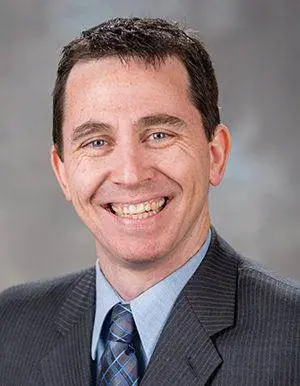
Mark Styczynski is an Associate Professor in the School of Chemical & Biomolecular Engineering at the Georgia Institute of Technology (Georgia Tech), doing research at the interface of synthetic and systems biology as applied to metabolic systems. His synthetic biology work focuses on the development of low-cost, minimal-equipment biosensors for the diagnosis of nutritional deficiencies in the developing world. His systems biology work uses computational and experimental methods to characterize metabolic dynamics and regulation using metabolomics data. He has received young investigator awards from the NSF, DARPA, and ORAU. He has won multiple department-and institute-level teaching awards at Georgia Tech. He founded and was the first president of the Metabolomics Association of North America (MANA), and is a Council Member in the Engineering BiologyResearch Consortium.
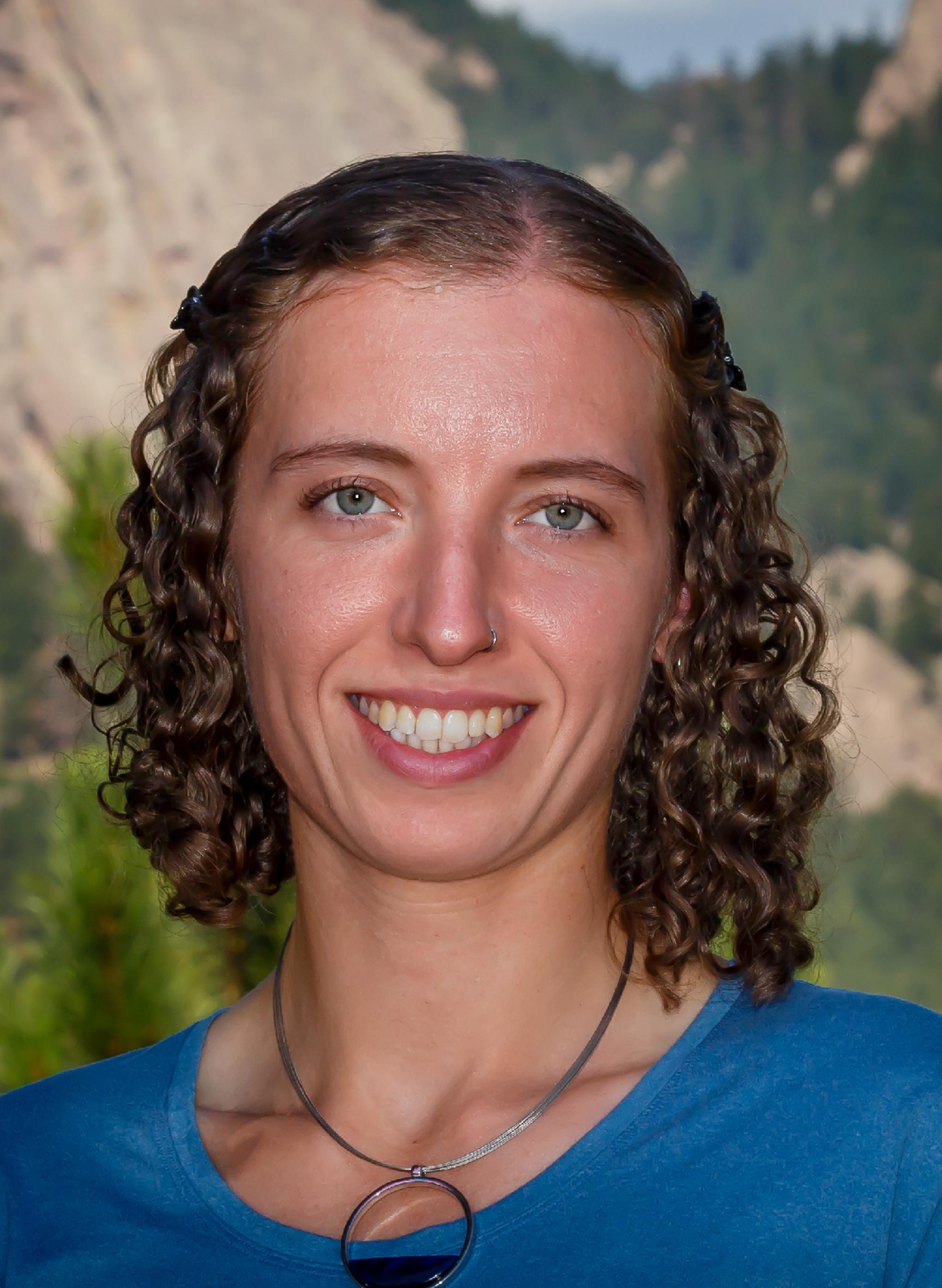
I am an Assistant Professor at Georgia Tech ISyE. My research concerns the control and operation of decarbonized power systems, particularly with the integration of flexible loads such as electric vehicles. I got my Ph.D. from the University of Oxford in the Energy and Power Group, and completed my postdoc in the GRIFFIN Lab at CU Boulder.
Power systems and Electric vehicles
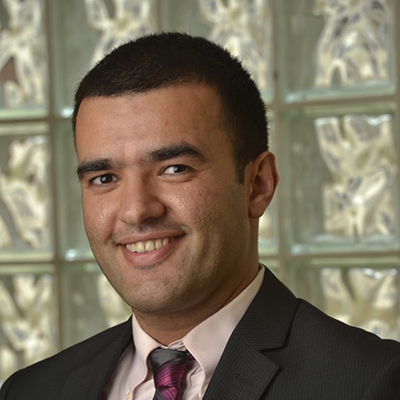
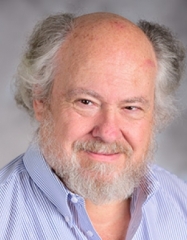
Combustion
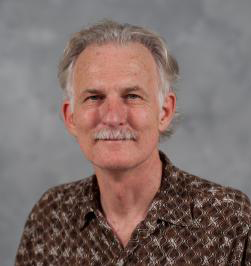
Walter Alexander “Walt” de Heer is a Dutch physicist and nanoscience researcher known for discoveries in the electronic shell structure of metal clusters, magnetism in transition metal clusters, field emission and ballistic conduction in carbon nanotubes, and graphene-based electronics.
De Heer earned a doctoral degree in Physics from the University of California, Berkeley in 1986 under the supervision of Walter D. Knight. He worked at the École Polytechnique Fédérale de Lausanne in Switzerland from 1987 to 1997, and is currently a Regents' Professor of Physics at the Georgia Institute of Technology. He directs the Epitaxial Graphene Laboratory in the School of Physics and leads the Epitaxial Graphene Interdisciplinary Research Group at the Georgia Tech Materials Research Science and Engineering Center.
Electronics; Carbon Nanotubes; Epitaxial Growth; Graphene; Nanomaterials; quantum materials
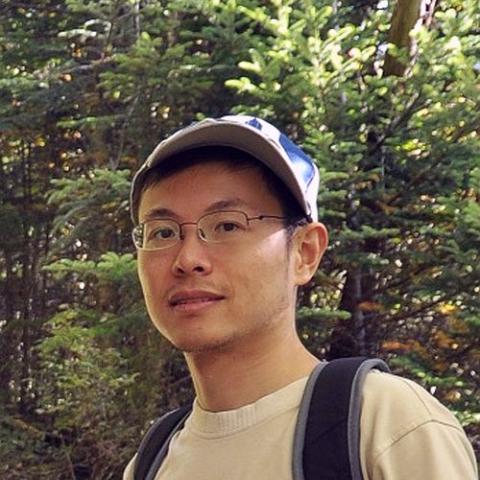
Molei Tao received B.S. in Math & Physics in 2006 from Tsinghua Univ. (Beijing) and Ph.D. in Control & Dynamical Systems with a minor in Physics in 2011 from Caltech (advisor: Houman Owhadi, co-advisor: Jerry Marsden). Afterwards, he worked as a postdoc in Computing & Mathematical Sciences at Caltech from 2011 to 2012, and then as a Courant Instructor at NYU from 2012 to 2014. From 2014 on, he has been an assistant, and then associate professor in School of Math at Georgia Tech. He is a recipient of W.P. Carey Ph.D. Prize in Applied Mathematics (2011), American Control Conference Best Student Paper Finalist (2013), NSF CAREER Award (2019), AISTATS best paper award (2020), IEEE EFTF-IFCS Best Student Paper Finalist (2021), Cullen-Peck Scholar Award (2022), GT-Emory AI.Humanity Award (2023), a Plenary Speaker at Georgia Scientific Computing Symposium (2024), a Keynote Speaker at (2024) International Conference on Scientific Computing and Machine Learning, SONY Faculty Innovation Award (2024), Best Poster Award at 2024 international conference “Recent Advances and Future Directions for Sampling” held at Yale, and Richard Duke Fellowship (2025).